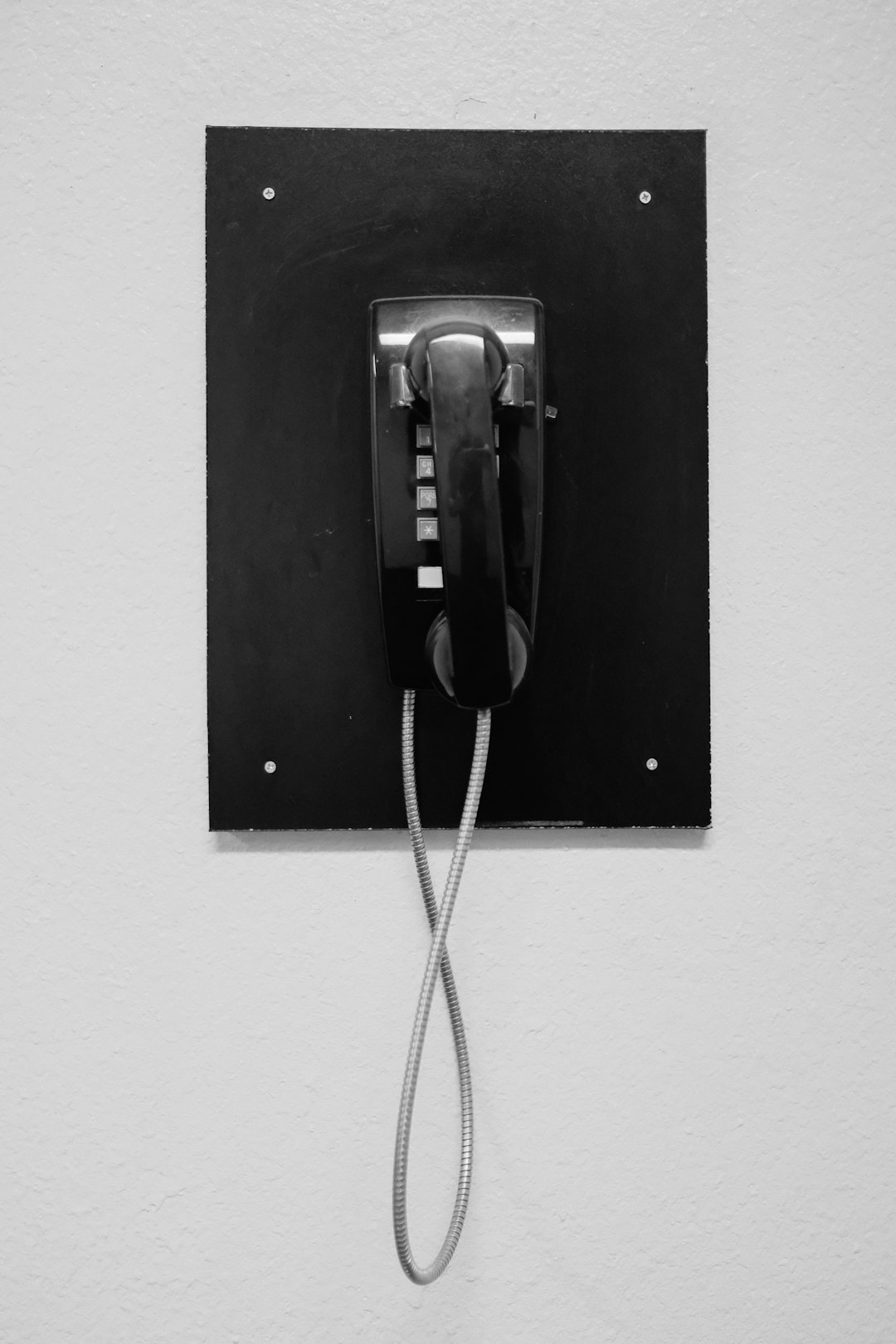In the digital age, businesses in Connecticut are adopting autodialing technologies to improve customer interaction. However, this raises data security and privacy issues. Engaging a qualified autodialer lawyer Connecticut from a reputable autodialer law firm Connecticut is crucial for navigating these challenges. These legal experts provide guidance on encryption, compliance with laws like the Connecticut Privacy Act (CPA), and system audits to protect customer information, avoid legal risks, and maintain consumer trust, ensuring business success in a competitive market.
In today’s digital landscape, data security is paramount, especially within the dynamic realm of autodialing practices. This comprehensive guide delves into the intricate relationship between autodialers and data protection, shedding light on why it’s not just a technical concern but a legal imperative. From understanding autodialing’s intricacies to exploring legal ramifications and best practices, we equip Connecticut’s autodialer industry professionals with knowledge. For those seeking expertise, our team of dedicated autodialer lawyers, attorneys, and law firms in Connecticut offers guidance tailored to mitigate risks and ensure compliance.
Understanding Autodialing and Data Security: A Comprehensive Overview

In today’s digital landscape, businesses increasingly rely on autodialing technologies to reach and engage with customers. An autodialer is a software or hardware system that automatically dials phone numbers in batches, streamlining sales, marketing, and customer service efforts. However, this advanced technology comes with heightened data security considerations. For businesses operating within Connecticut, partnering with an experienced autodialer lawyer Connecticut becomes imperative to navigate the legal complexities surrounding data protection and privacy laws, such as the Connecticut Privacy Act (CPA).
An autodialer attorney Connecticut from a reputable autodialer law firm Connecticut can provide crucial guidance on best practices for securing sensitive customer data. This includes implementing robust encryption protocols, ensuring compliance with data minimization principles, and regularly auditing system vulnerabilities to prevent unauthorized access or data breaches. By prioritizing data security measures, businesses not only safeguard their operations but also build trust with their customers, fostering long-term success in a highly competitive market.
Legal Implications of Data Breaches in Autodialing Practices

Data breaches in autodialing practices can have severe legal implications, especially when sensitive or personal information is involved. In Connecticut, where data privacy laws are stringent, companies and individuals using autodialers must adhere to strict regulations like the Connecticut Data Breach Notification Act (CDBNA). Failure to protect customer data properly can lead to costly lawsuits, significant fines, and damage to one’s reputation.
Autodialer lawyers in Connecticut, such as those at reputable law firms specializing in this area, can guide businesses on best practices for data security. They help ensure compliance with both state and federal regulations, including the Telephone Consumer Protection Act (TCPA). Engaging an autodialer attorney in Connecticut is crucial to mitigate risks associated with data breaches, protect one’s business interests, and maintain consumer trust.
Best Practices for Securing Data in Connecticut's Autodialer Industry

In Connecticut’s autodialer industry, ensuring robust data security is paramount to protect sensitive consumer information and maintain compliance with regulations like the CT Data Breach Notification Act. Top best practices for securing data include implementing strong encryption protocols for all customer data, both at rest and in transit. Regular security audits and vulnerability assessments are crucial to identify and patch potential weaknesses before malicious actors can exploit them. Additionally, a comprehensive data access control policy should be enforced, limiting access to sensitive information only to authorized personnel on a need-to-know basis.
Training employees on cybersecurity best practices is equally vital. This includes recognizing phishing attempts, understanding the importance of strong passwords and multi-factor authentication, and adhering to strict change management protocols for any system updates or configuration changes. Maintaining up-to-date software and security patches, along with regular backups of critical data, further fortify defenses against evolving cyber threats. Engaging the services of a reputable autodialer lawyer Connecticut or an autodialer attorney Connecticut can provide specialized guidance tailored to industry regulations, ensuring your business stays ahead in implementing effective data security measures.






